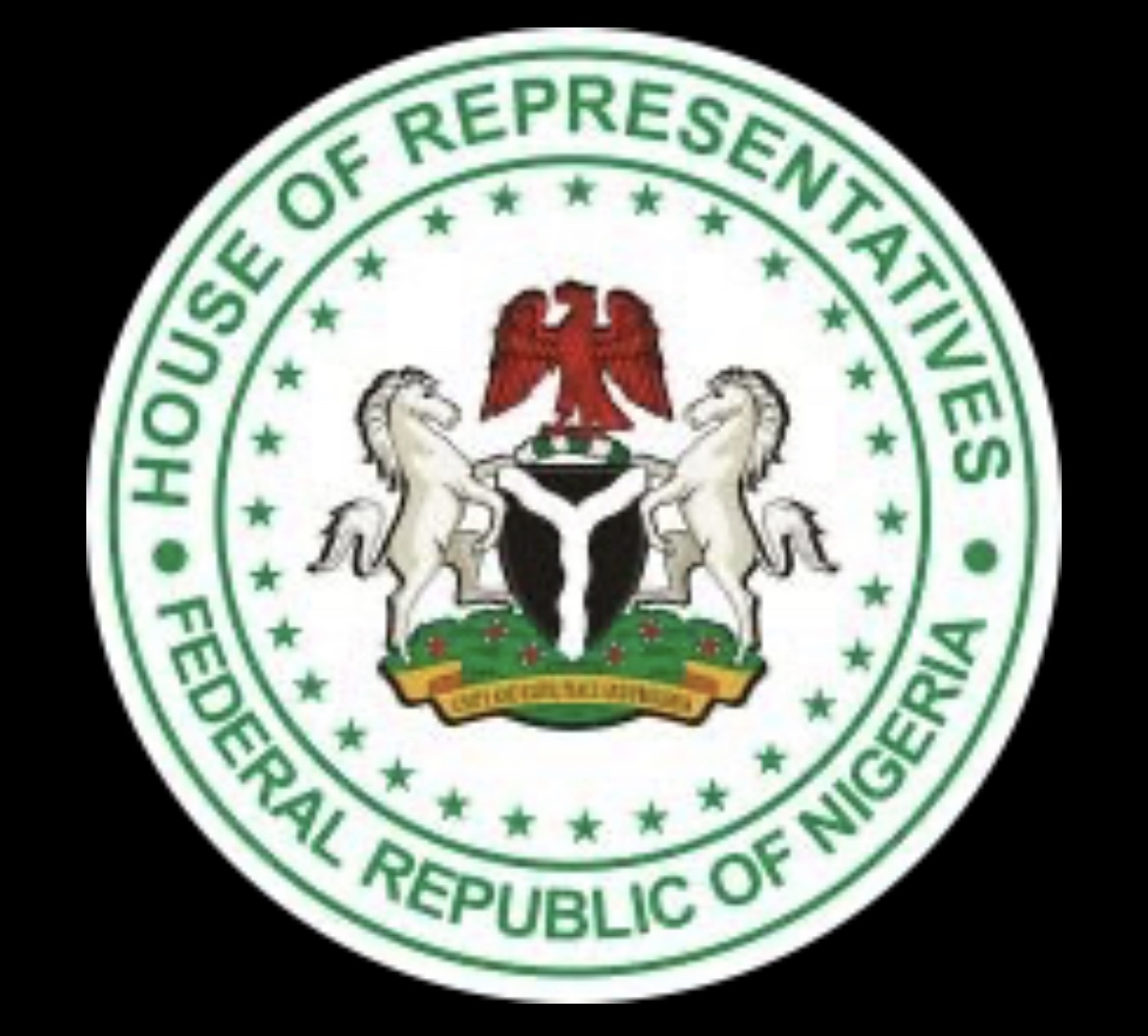The Nigerian Federal House of Representatives and Functions
 

The Nigerian House of Representatives is the lower chamber of the National Assembly of Nigeria, which is the country’s legislative body.
The House of Representatives consists of elected members known as “representatives” or “honorable members.” The total number of seats in the House is 360, with each seat representing a specific federal constituency in Nigeria. The distribution of seats is based on the population of each constituency.
Members of the House of Representatives are elected through general elections, which are held every four years. The elections are conducted based on a mixed electoral system that combines both a plurality voting system (first-past-the-post) and proportional representation. The functions and operations of the Nigerian House of Representatives are governed by the Nigerian Constitution, which may be subject to amendments or changes over time.
Functions of the Federal House of Representatives
1. Legislative Powers:
The House of Representatives has the power to initiate, debate, and pass bills that become laws upon receiving the President’s assent. Members of the House propose bills and resolutions, engage in debates, and vote on legislative matters. The House also has the authority to amend bills passed by the Senate before they become law.
2. Representation:
The House of Representatives represents the diverse interests and concerns of the Nigerian people. Members of the House serve as representatives of their respective federal constituencies, advocating for their constituents’ interests and addressing their needs through legislative action.
3. Committee System:
The House of Representatives operates through a committee system. Various committees are established to oversee specific sectors, such as education, finance, health, and agriculture. These committees review bills, conduct investigations, and provide expert advice on legislative matters.
4. Oversight Functions:
The House of Representatives exercises oversight over the executive branch of the government. It scrutinizes the activities of government agencies, ministries, and departments to ensure transparency, accountability, and good governance. This oversight role includes conducting investigations, summoning officials for questioning, and reviewing government policies.
5. Budgetary Control:
The House of Representatives participates in the budgetary process. It reviews the annual budget proposals submitted by the executive branch and scrutinizes the allocation of public funds. The House ensures that the budget aligns with national priorities and allocates resources appropriately.
6. Constituent Services:
Members of the House of Representatives engage in constituent services, representing the interests and concerns of their constituents. They receive and address petitions, complaints, and requests from citizens, working towards resolving issues and addressing their needs through legislative actions or advocacy.
7. Interactions with the Senate:
The House of Representatives interacts with the Senate in the legislative process. Both chambers must agree on a bill before it can be sent to the President for assent. In cases of disagreement, a conference committee may be established to reconcile differences and reach a consensus.
8. Public Engagement:
The House of Representatives engages with the public through public hearings, town hall meetings, and consultations. These engagements provide opportunities for citizens, experts, and stakeholders to contribute to the legislative process, share their perspectives, and provide input on proposed bills or policy matters.


